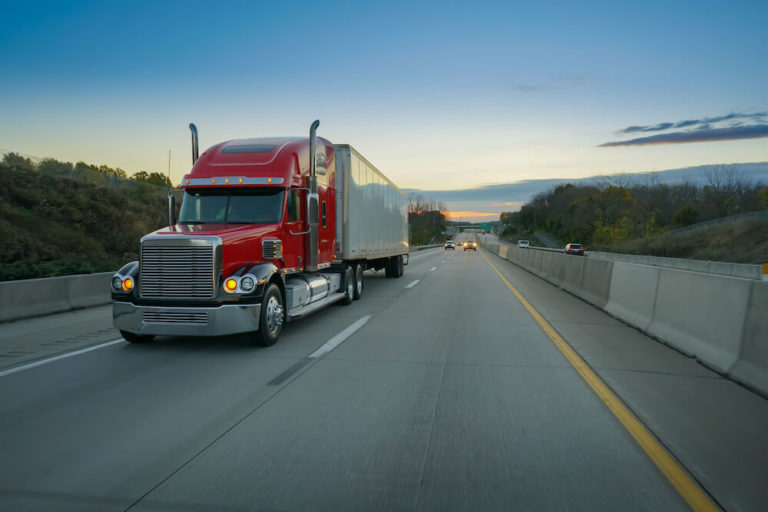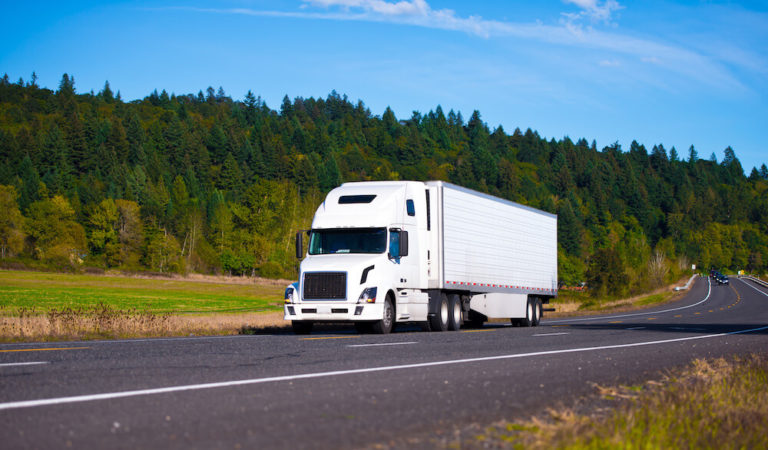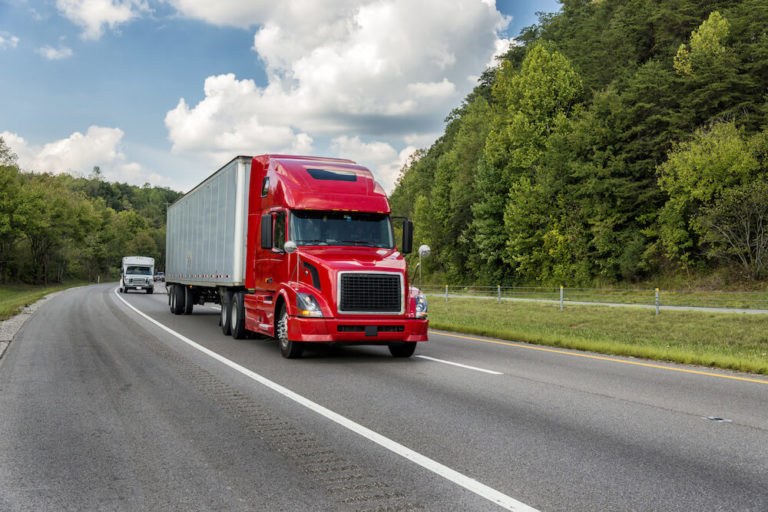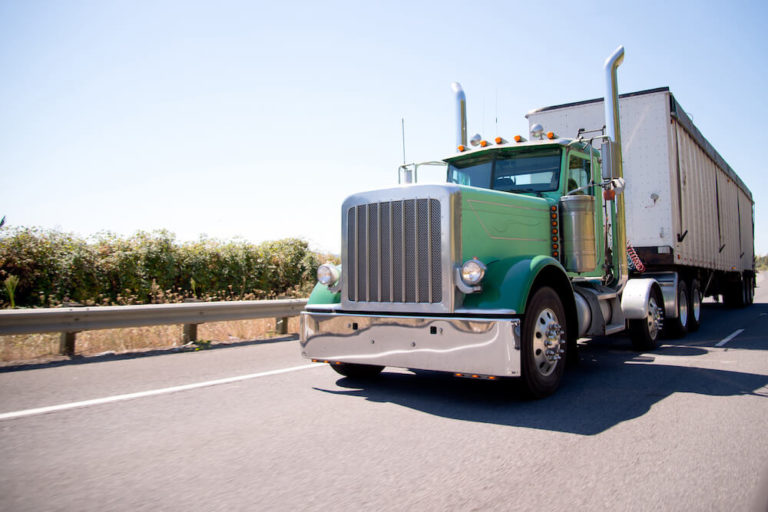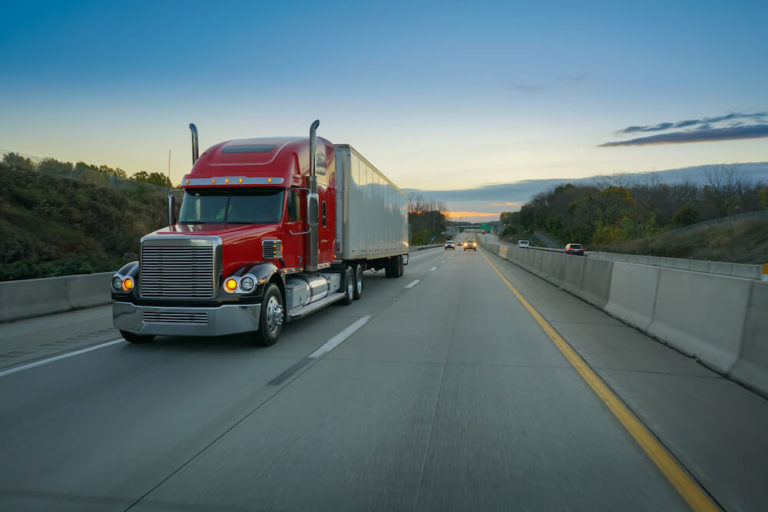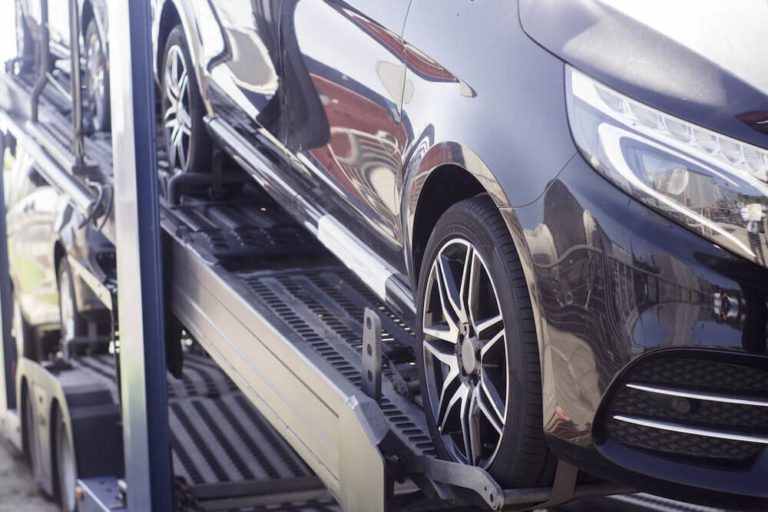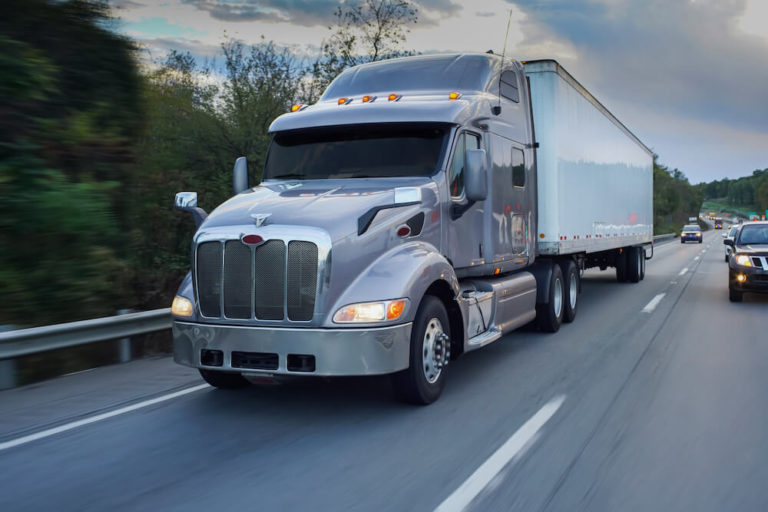The Federal Motor Carrier Safety Administration (FMCSA) enforces a program known as Hazardous Materials Safety Permit (HMSP). The purpose is to increase safety for the driving public and commercial truck drivers.
Trucking
For all things trucking, we’ve got you covered! Our topics include laws, regulations, safety, music, and more. This collection of articles contains all the information you need to know. Whether you are a trucker or you own your own trucking business, this can be beneficial to you.
Trucking insurance can be complicated, but we strive to make it as easy as possible for you! That is why we’ve compiled these articles so that they can be of easy access. Call for more information or for a free quote now. Here at InsuranceHub we make insurance easy.
Do motor carriers need to report drug and alcohol test results to FMCSA every year?
No trucking company owner likes to think that drivers will fail a random drug or alcohol screening or cause an accident due to being under the influence of drugs or alcohol.
What is the Unified Registration System?
The Unified Registration System (URS) was created to simplify and streamline the registration process required by the Federal Motor Carrier Safety Administration (FMCSA).
What is a trucking company’s CSP (Company Safety Profile)?
The Federal Motor Carrier Safety Administration (FMCSA), a division of the federal Department of Transportation (DOT), retains safety information for every commercial carrier that drives on public roads. It also keeps a safety record for every trucking company or independent owner-operator.
What is the difference between interstate and intrastate commerce?
Interstate commerce and intrastate commerce refer to two different ways of transporting cargo or people. The term interstate means that the commercial truck driver moves cargo or people across state lines. Specifically, it includes the following definitions:
What is a private motor carrier?
The term private motor carrier refers to a commercial trucking company that transports the cargo it produces rather than outsourcing the job to another company or independent owner-operator. Businesses that operate as a private motor carrier typically produce, sell, or use the cargo it produces and transports.
Who is required to carry cargo insurance?
While all motor carriers must carry a limited amount of liability insurance, this is only the basic requirement and it offers no protection for the goods you carry. You need to carry cargo insurance to guard against financial loss from damage to your cargo while in transit or storage.
Auto liability and cargo insurance as a car hauler with my own authority
Driving a commercial truck like a car hauler under your own authority is an exciting step in your career. You want to do everything right and may wonder if you need to carry larger amounts of auto liability insurance and cargo insurance now that you are no longer leased to a motor carrier.
What are the different types of commercial driver’s licenses?
The ongoing trucker shortage has led companies of all sizes to actively recruit and hire new drivers – at attractive and appealing rates. In order to secure one of those jobs, though, you need to get your commercial driver’s license, or CDL. Learning more about the different types of commercial drivers licenses makes it easy to determine your training path and make the most effective and efficient decisions for your career.


